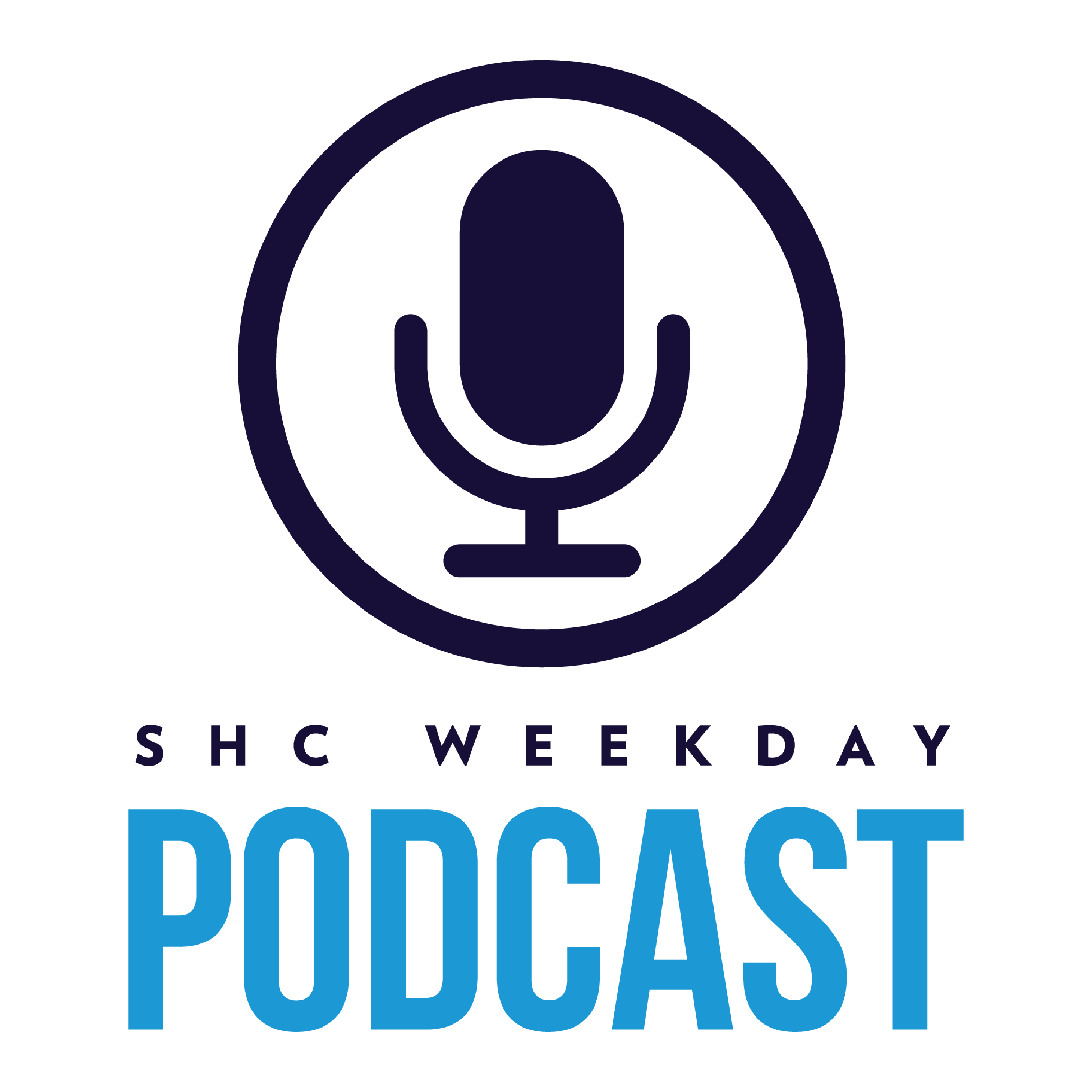So there's this thing that happens in your body when someone hurts you, when a relationship breaks, when trust fractures. I mean, things just get out of sort. Your heart rate increases, your blood pressure rises, your muscles tense, your body just quite literally enters a state of stress. It's fascinating, isn't it, how the emotional and the physical are so deeply connected, how the pain we feel emotionally manifests in our bodies physiologically. And this is what I find so compelling about forgiveness. It's not just a lofty spiritual concept floating around and the ether, it's biological, it's measurable, it's biblical, it is Jesus like, and it's so real. Researchers at Hope College found an amazing thing when people practiced forgiveness, not just talked about it, but actually practice it, the heart rates decreased, blood pressures dropped, and the activity in their sweat glands reduced. Now think about that for a minute. Forgiveness literally changes your physiology. Again, not just church talk, y'all. This is science. This is how God has created us. In Colossians 3:13, the apostle Paul wrote these words, make allowance for each other's faults and forgive anyone who offends you. Remember, the Lord forgave you, so you must forgive others. Now that word in that last sentence, the word must, it's not there to beat us into submission. It's there because our bodies, our minds, and our entire soul were created to function through forgiveness. It's like Paul understood something fundamental about human biology thousands of years before we had the scientific tools to even consider it. When Jesus said, if you forgive those who sin against you, your heavenly Father will forgive you. But if you refuse to forgive others, your Father will not forgive your sins. In Matthew 6:14, he wasn't establishing an arbitrary spiritual rule. Jesus always had a reason and a logic, and it was to prepare us to live more like him. He was describing how the universe he created works, how we his creation work. Forgiveness is being forgiven. Now think about it. Forgiveness and being forgiven are connected because they're part of the same system, the same mechanism in our hearts, minds and bodies. So there's a. There's a researcher by the name of Dr. Charlotte Van Oyen Whitliffe. Think about that. What a night. She found that when people ruminate on wrongs done to them, their bodies literally go into stress response. But when the same people practice forgiveness, well, the physical symptoms reversed. Forgiveness literally heals your body, but we resist it. I'm really not sure why we do, but we do. But there's a voice that says, if I forgive them, then what they did doesn't matter. Or if I forgive, they're getting away with it. But that's not what forgiveness is. Forgiveness isn't saying what happened was okay. Forgiveness is saying, I'm no longer going to let what someone did to me define me, control me, or determine my future. When Jesus was being crucified, experiencing the ultimate injustice, here's what he said. And the gospel writer Luke recorded it in chapter 23, verse 34, where Jesus, his father, forgive them. They don't know what they're doing. Was Jesus saying crucifixion was fine? Well, I mean, he chose to be there. Of course. It was his will. But the injustice, it didn't matter. Of course not. That's just not true. He was breaking the cycle. He was refusing to let hatred and bitterness have the last word. And in doing so, he's showing us the way home, the way to healing, the way our bodies, his creation, and our souls, his creation, were designed to work. In 2008, the Journal of Behavioral Medicine found that forgiveness was associated with lower levels of cortisol, the stress hormone linked to heart disease, diabetes, and weakened immune systems. You're literally changing your biochemistry when you forgive. So maybe, I mean, just maybe, when Jesus and Paul and the others talked about forgiveness, they weren't just giving us a spiritual practice. They were giving us a prescription for wholeness, for health, for peace, for life. What would it look like for you to begin the process of forgiveness today? Not to excuse what happened, but to free yourself from its ongoing power over you? Maybe an ex spouse, maybe a parent, maybe a boss, maybe a friend. The science is clear. Forgiveness heals us physically, emotionally, and spiritually. It's how we're designed to work. It's how we were created. Friends, I. I hope that you will hear these words and put forgiveness into practice today. That's my prayer for you, so that you might experience the joy found in it. Until I return back again on Wednesday. I trust you'll find the forgiveness. The courage to. To practice forgiveness, not. Not just for someone else's sake, but primarily for yours. This is Pastor Chuck, and I'm so grateful you joined me on today's weekday podcast.

Message from Chuck Allen on January 4, 2023

Message from Chuck Allen on October 7, 2022

In this episode of the Weekday Podcast, Pastor Chuck encourages listeners to shift their perspective and see life through heaven’s lens rather than earthly...